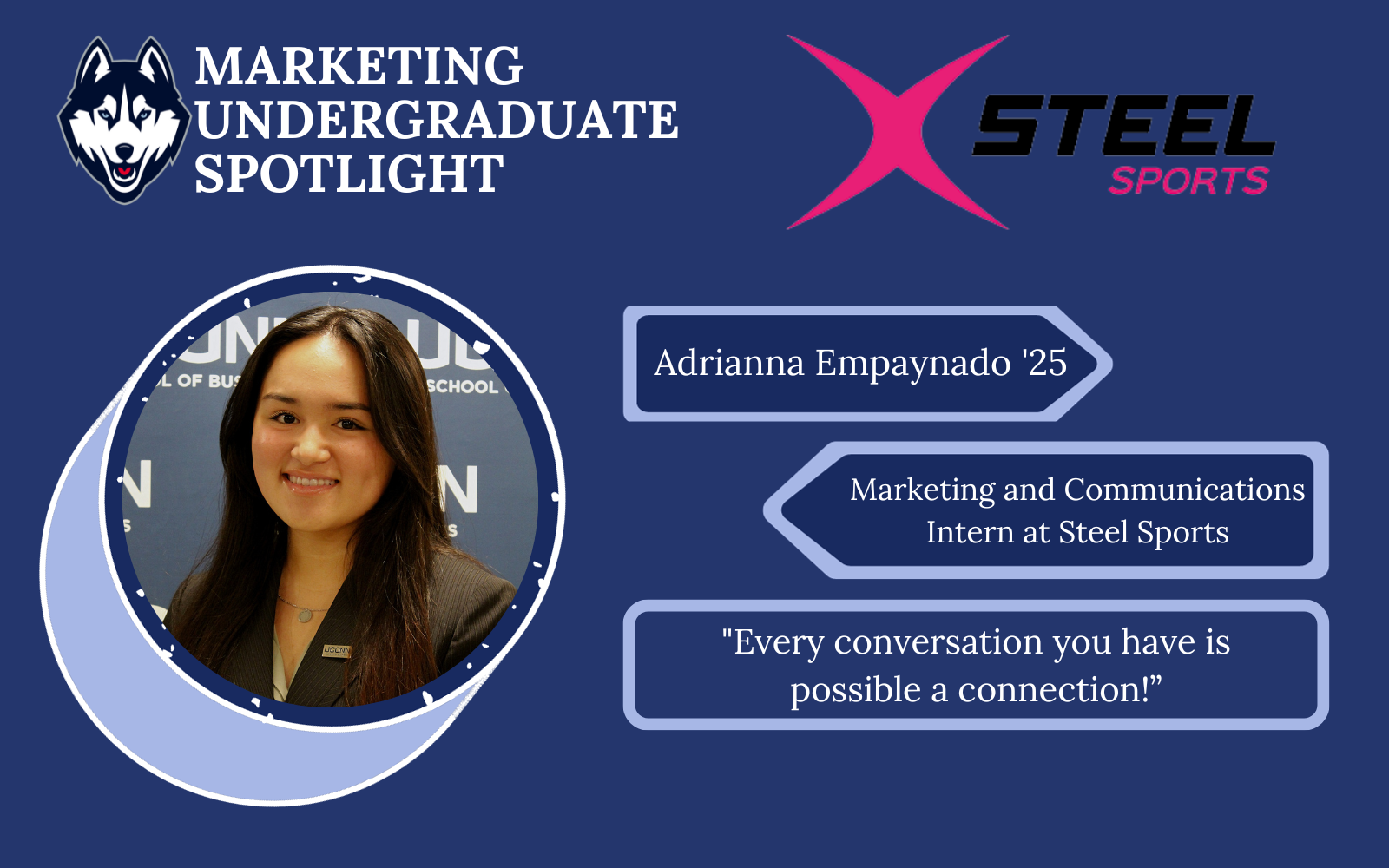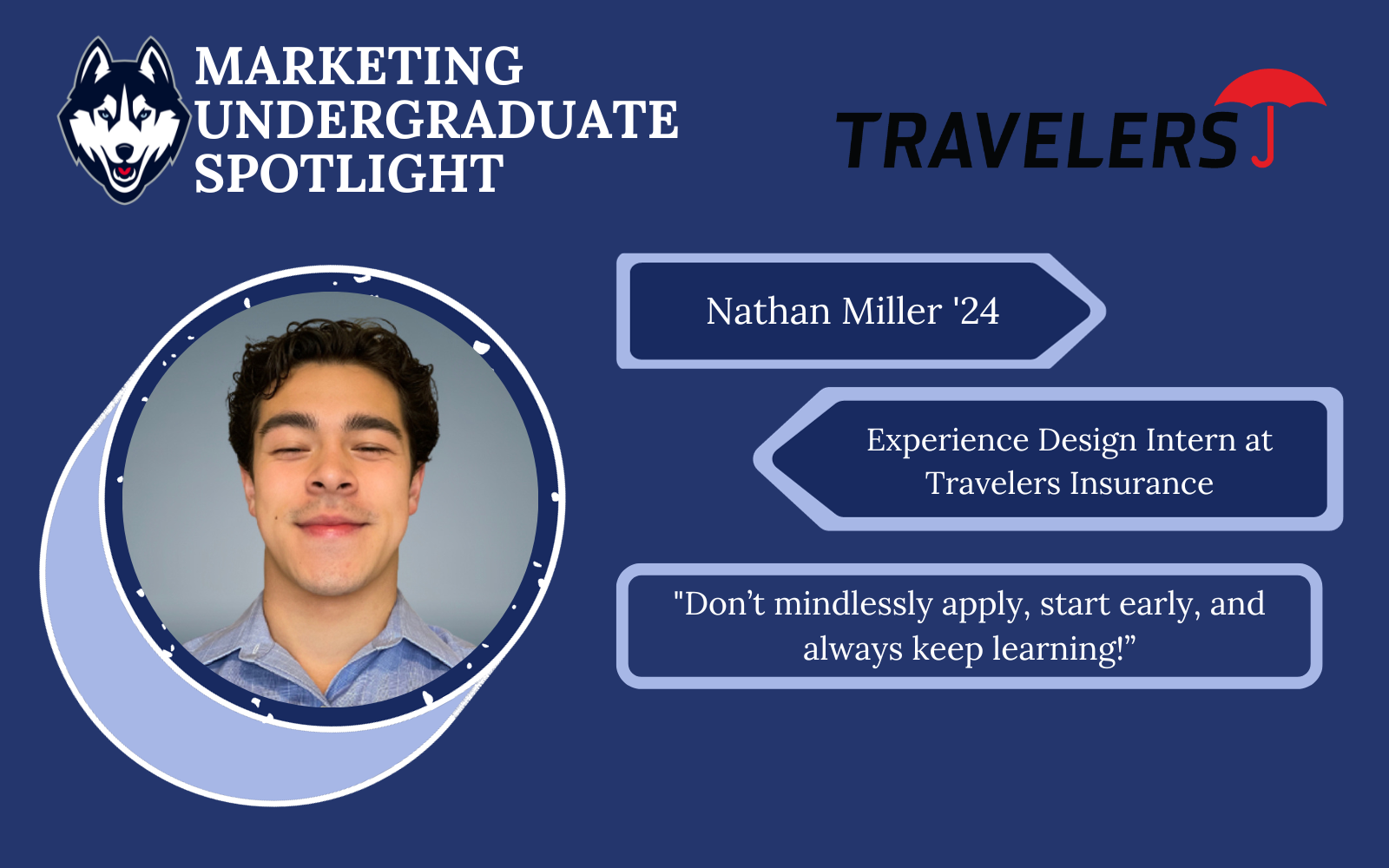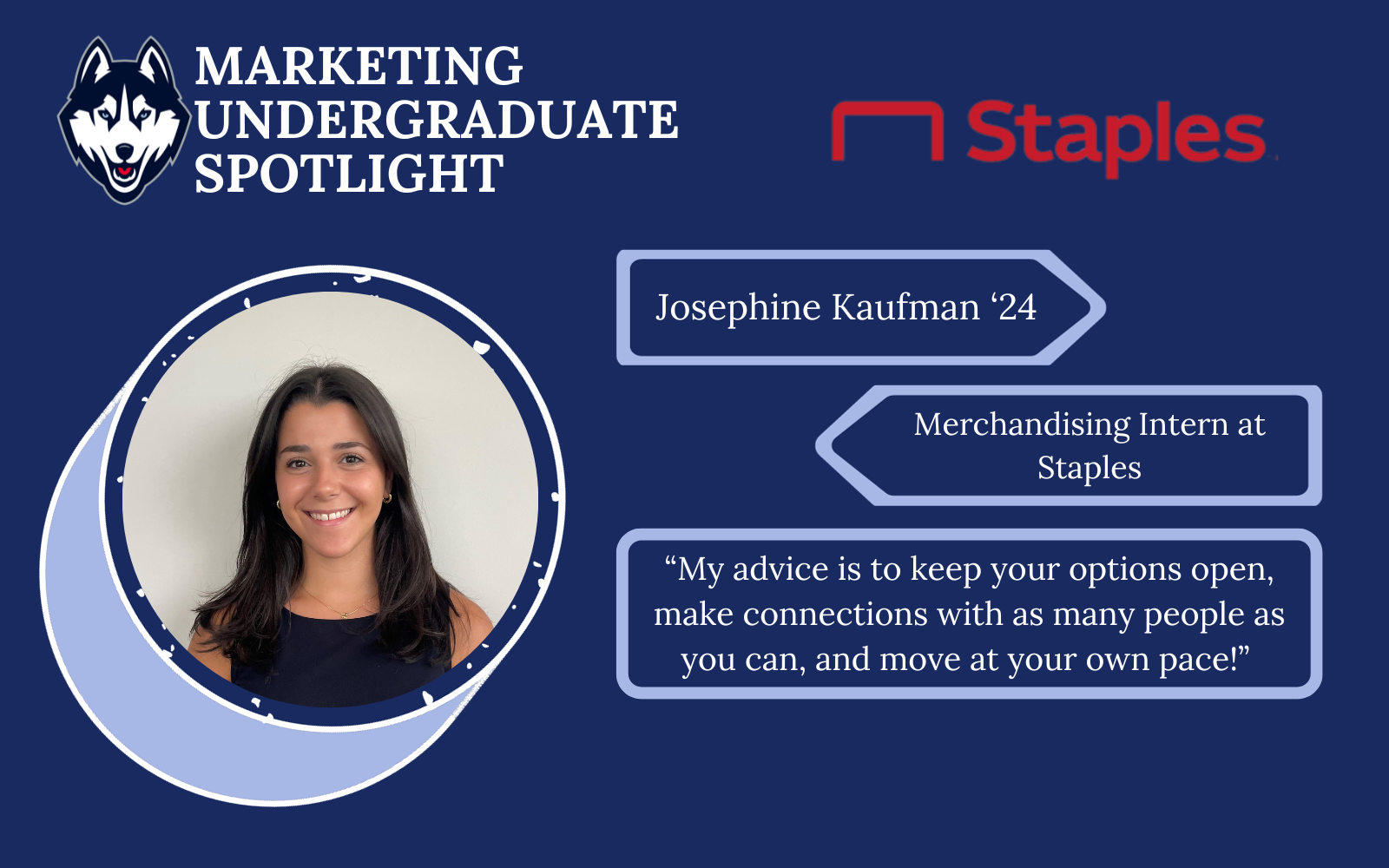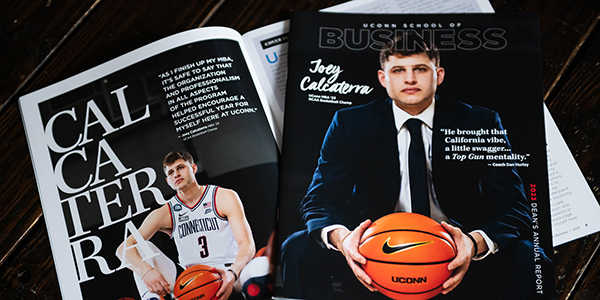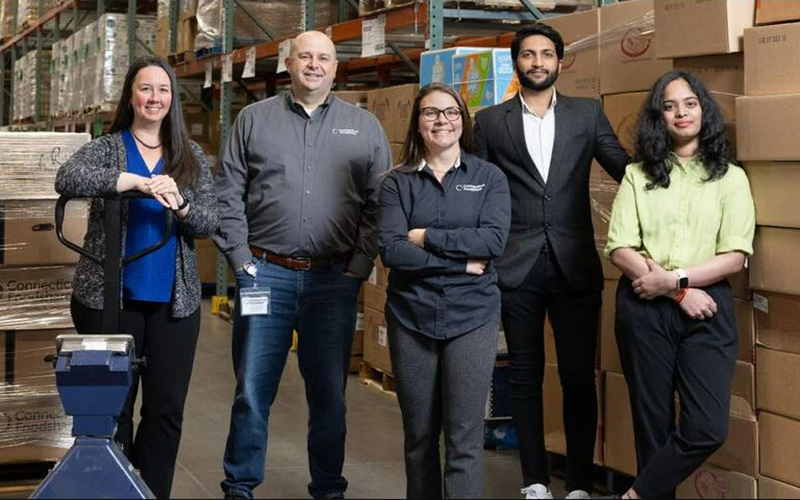One way to think about a college business degree is that it consists of 120-credit hours of course work, about half of which is study in the arts and sciences, and half in business courses. But students will tell you that the course work is only part of the growth opportunity that colleges provide in today’s world.
Beyond the course curriculum is a rich array of opportunities giving students incredible choices in experiences that will help them grow, thrive, and enjoy their college experience. Some are obvious, such as sports, the band, the student newspaper, social societies, and the like. Some are crafted living opportunities, such as the Business Connections Learning Community (BCLC), which provide programs that augment the student experience. The BCLC is a residential community in Belden Hall where students engage in significant, supportive programming, learning about everything from preparing a resume to becoming certified on the Bloomberg terminals. They host alumni who share insights about professional career paths and many agree to serve as mentors to our students.
There are many clubs focused on everything from accounting or finance to Formula 1 racing. Each of these clubs provides students the option to engage modestly or to become a leader with significant responsibility.
Alumnus’ Career Spanned From Military Service to Renewable Energy
Today I want to share a recent extracurricular event that exemplifies the richness and diversity available outside the classroom. On Oct. 20, alumnus Bryan Dougherty ’17 MBA was our guest speaker in the Sustainable Business Breakfast Series. Today’s students are sensitive to the environment and want to care for it, and learn about the many ways we can do so.
Bryan is an Operations Project Manager with Orsted, a Danish company that is launching offshore wind farms in New England. From my perspective Bryan played two roles. He exemplifies career progression, and he knows a great deal about green energy that the students want to learn.
Bryan is a graduate of the U.S. Military Academy at Westpoint. He served nine years as an active-duty U.S. Army officer and then transferred to the National Guard where he continues to serve part-time. Following active duty, he returned to civilian life, joining Sikorsky in Stratford, Conn. The company encouraged and supported him in getting an MBA at UConn. This prepared him for a series of increasingly demanding roles over nine years. He then joined Orsted, following
through on an internal career spark to get involved with renewables.
He shared with us the challenges of bringing offshore wind to New England. Orsted has been doing this in Europe for 25 years, and the company has the technology to do it well. Bryan emphasized that in these initiatives, track record and experience are critical. But every new location is distinct and understanding the local operating environment is needed to gain a sustainable foothold. Regulation and environments are different.
I was reminded of learning decades ago about efforts to build long-distance transmission lines in the United States. The industry pointed out how much easier it was in communist countries or countries with other regulatory environments. In our country, every state, county, and municipality has property rights over regulatory approvals. The challenge is not only about whether projects will be approved but also about how long it takes to earn approval. In the United States, NIMBY (Not in My Backyard) is a potent barrier to approval of even the most logical initiatives. Getting energy from water-powered electricity to consumers was no easier than getting wind-powered electricity to consumers.
One Turn of the Blade Could Power a Home for 24 Hours
These wind turbines are huge, producing at an 11-megawatt capacity; where one blade turn is enough to power a home for one day. These offshore wind turbines are much larger than their land-based turbine siblings. Maintenance will require technicians to go up elevators inside them to service the mechanics. The technicians must get from land-based homes to the water-based generators. There are whales to protect, birds to worry about, and more. Launching these devices will be a mammoth effort, and Bryan referred to New London as the “Cape Canaveral’’ of New England offshore wind power. Once launched, these generators are expected to have a 35-year lifespan, and there are several entities involved ensuring the New London region remains an important hub during that timeframe, including the eventual decommissioning of the wind farms.
The proposed wind farms will generate sufficient electricity to power 900,000 homes, with future bids on the horizon to bring new offshore wind farms online in the next 10 years. The process involves companies bidding to access offshore sites for turbine installation, and the project is moving forward. But recently plans have been disrupted by the rising interest rates, which imperil the viability of large capital projects. The wind-farm projects are one of many examples of potential moderation of man-made climate change, and the difficulty in implementation reminds us of the challenges.
Bryan tied back to his MBA learnings, specifically with international business and operations management courses. He is seeing first-hand how understanding the local operating environment is imperative to business success. He is also applying operational design tools taught in his graduate class to apply to the current operations and maintenance strategy for Orsted’s New England projects. He is experiencing this with a job and company he loves, where he’s following through on an internal spark that was lit 15 years ago.
Bryan intends to support the School of Business’ Global Business Leadership in Sustainability Summit on March 1st, 2024 in Storrs, and hopes to see Husky Nation turn out to learn more about the impact of renewables on our state and the region.
To learn more about the summit, please visit global.business.uconn.edu.

Back to the Dean’s Corner
